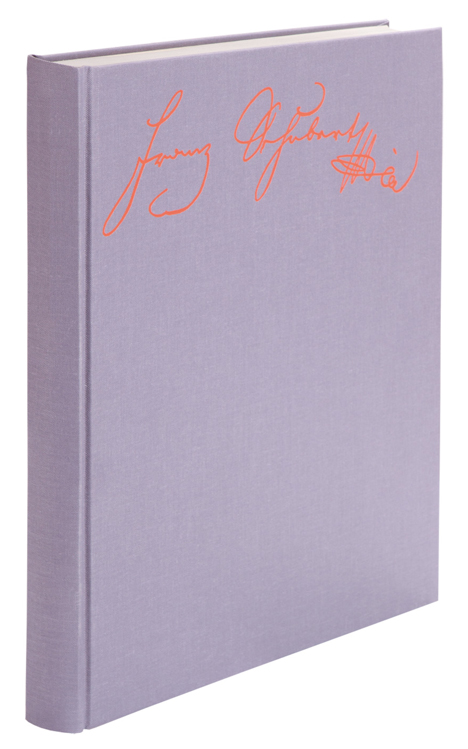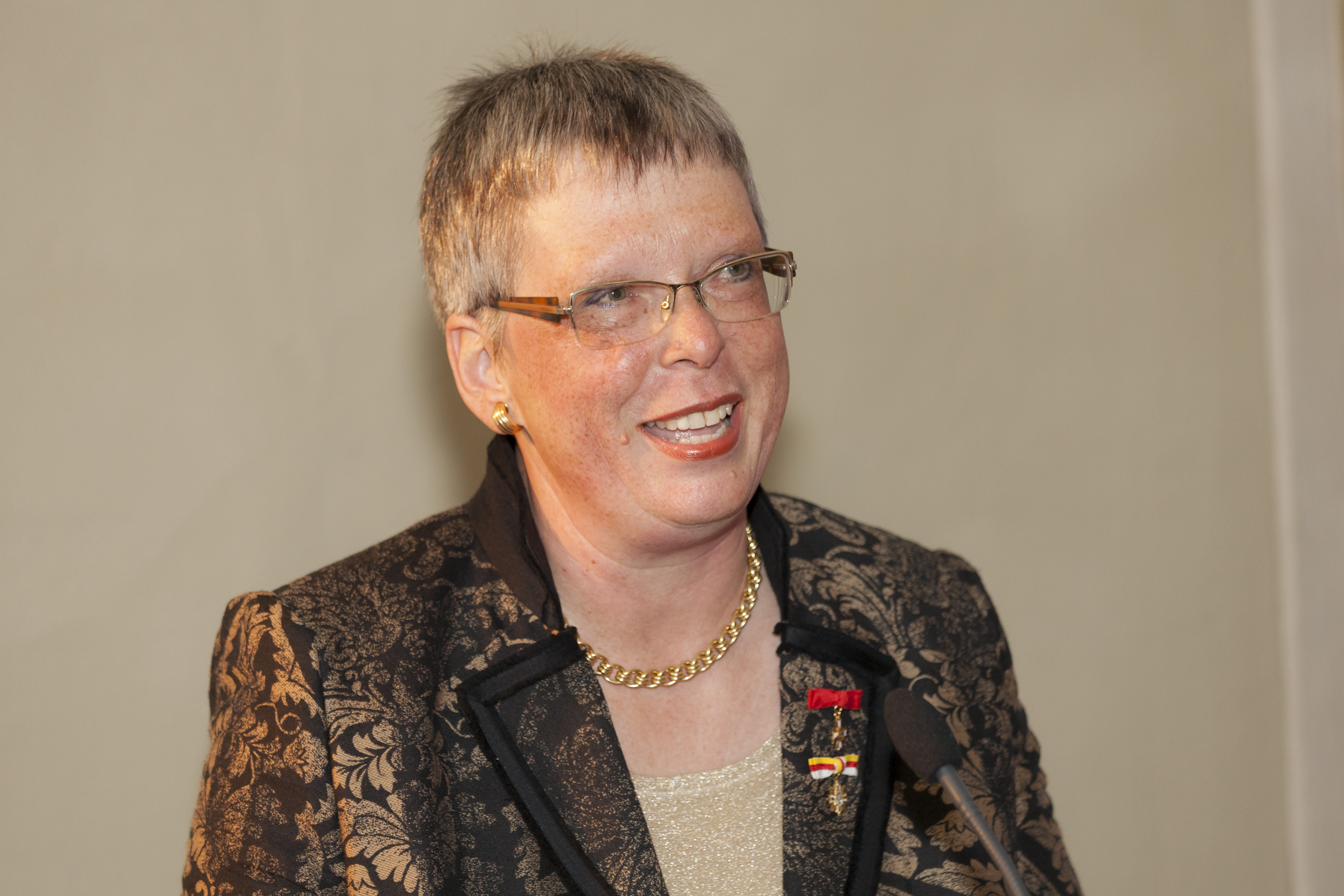|
Piano Sonata In E Major, D 157 (Schubert)
The Piano Sonata in E major, 157 is a piano sonata with three movements composed by Franz Schubert in February 1815. The Allegro 154 is an early version of its first movement. Extant movements of the sonata D 157 The piano sonata 157 has three known movements. Some commentators describe the first movement of the sonata as by far the most interesting, as it shows Schubert breaking away from the restrictions on harmonic progressions his teacher Antonio Salieri had imposed for vocal music,Litschauer 2000 and as one of his happiest inspirations, prefiguring his later trade marks, while the remaining two movements are described as somewhat run of the mill.David Doughty in sleeve notes of Brilliant Classics 99678/9 Others see in the first movement rather unconvincing unorthodoxies lacking invention, while the other two movements are more musically satisfying, with reminiscences of Beethoven and some of Schubert's later compositions.Newbould 1999 ;I. Allegro ma non troppo : E major. : ... [...More Info...] [...Related Items...] OR: [Wikipedia] [Google] [Baidu] |
Piano Sonata
A piano sonata is a sonata written for a solo piano. Piano sonatas are usually written in three or four movement (music), movements, although some piano sonatas have been written with a single movement (Domenico Scarlatti, Scarlatti, Liszt, Scriabin, Medtner, Alban Berg, Berg), others with two movements (Haydn, Beethoven), some contain five (Brahms' Piano Sonata No. 3 (Brahms), Third Piano Sonata) or even more movements. The first movement is generally composed in sonata form. The Baroque keyboard sonata In the Baroque music, Baroque era, the use of the term "sonata" generally referred to either the sonata da chiesa (church sonata) or sonata da camera (chamber sonata), both of which were sonatas for various instruments (usually one or more violins plus basso continuo). The keyboard sonata was relatively neglected by most composers. The sonatas of Domenico Scarlatti (of which there are over 500) were the hallmark of the Baroque keyboard sonata, though they were, for the most ... [...More Info...] [...Related Items...] OR: [Wikipedia] [Google] [Baidu] |
Martino Tirimo
Martino Tirimo (born 19 December 1942) is a Cypriot classical pianist. Born into a musical family in Larnaca, he began piano and violin lessons with his father, a distinguished conductor and violinist. He gave his first concert at the age of six, performed Haydn's Concerto in D at eight and when only twelve he conducted seven complete performances of Verdi's La Traviata, including soloists from La Scala, Milan. At the age of sixteen he won the Franz Liszt Scholarship to the Royal Academy of Music in London, graduating with the highest honours, after which he completed his studies in Vienna. In 1971 and 1972 victories in the international piano competitions in Munich and Geneva launched his international career. Tirimo has appeared with many of the world's leading orchestras, including the major British orchestras and those in Berlin, Cleveland, Dresden, Leipzig, Prague and Vienna. With the Dresden Philharmonic he directed several cycles of Beethoven's five piano concertos from th ... [...More Info...] [...Related Items...] OR: [Wikipedia] [Google] [Baidu] |
Neue Schubert-Ausgabe
Franz Schubert (1797–1828): New Edition of the Complete Works (), commonly known as the New Schubert Edition (NSE), or, in german: Neue Schubert-Ausgabe (NSA), is a complete edition of Franz Schubert's works, which started in 1956 and is scheduled to conclude in 2027.Franz Schubert (1797–1828): New Edition of the Complete Works at Bärenreiter website. Franz Schubert (1797–1828): Neue Ausgabe sämtlicher Werke ' at [...More Info...] [...Related Items...] OR: [Wikipedia] [Google] [Baidu] |
Walburga Litschauer
Walburga Litschauer (born 15 October 1954) is an Austrian musicologist and Franz Schubert scholar. Life Born in Klagenfurt, Carinthia, Litschauer studied music and theatre studies at the University of Vienna and completed piano training at the Music and Arts University of the City of Vienna. In 1979, she passed the State examination in piano, in 1980 she received her doctorate and in 2005 her habilitation at the University of Vienna. In 2015, the professional title "Professor" was conferred on her. Litschauer was initially a contributor to the Anton Bruckner Complete Edition. Since 1980, she has headed the Vienna office of the New Schubert Edition at the Austrian Academy of Sciences, and since 1990 she has been a member of the editorial board. From 1990 to 1995, she was the editor of the ''Musicologica austriaca''. Litschauer is a member of the board of directors of domestic and foreign scientific societies, from 1998 to 2012 she was president of the Austrian Music Society ... [...More Info...] [...Related Items...] OR: [Wikipedia] [Google] [Baidu] |
Otto Erich Deutsch
Otto Erich Deutsch (5 September 1883 – 23 November 1967) was an Austrian musicologist. He is known for compiling the first comprehensive catalogue of Franz Schubert's compositions, first published in 1951 in English, with a revised edition published in 1978 in German. It is from this catalogue that the ''D'' numbers used to identify Schubert's works derive. Life Deutsch was born in Vienna on 5 September 1883 in a Jewish family."Otto Deutsch" profile at the Following his studies of art history and literature in Vienna and , he worked as an assistant at ... [...More Info...] [...Related Items...] OR: [Wikipedia] [Google] [Baidu] |
Bärenreiter
Bärenreiter (Bärenreiter-Verlag) is a German classical music publishing house based in Kassel. The firm was founded by Karl Vötterle (1903–1975) in Augsburg in 1923, and moved to Kassel in 1927, where it still has its headquarters; it also has offices in Basel, London, New York and Prague. The company is currently managed by Barbara Scheuch-Vötterle and Leonhard Scheuch. Since 1951, the company's focus has been on the New Complete Editions series for various composers. These are urtext editions, and cover the entire work of the selected composer. Series include: J. S. Bach (the '' Neue Bach-Ausgabe'', a joint project with the Deutscher Verlag für Musik), Berlioz, Fauré, Gluck, Handel, Janáček, Mozart (Neue Mozart-Ausgabe), Rossini, Saint-Saëns, Schubert (New Schubert Edition Franz Schubert (1797–1828): New Edition of the Complete Works (), commonly known as the New Schubert Edition (NSE), or, in german: Neue Schubert-Ausgabe (NSA), is a complete editio ... [...More Info...] [...Related Items...] OR: [Wikipedia] [Google] [Baidu] |
Wiener Urtext Edition
Wiener (from German: "Viennese") may refer to: Food * A Polish sausage (kielbasa) or "wenar" * A Vienna sausage of German origin, named after the capital of Austria * A hot dog, a cooked sausage, traditionally grilled or steamed and served in a sliced bun People * Wiener (surname) Places *Wiener Neudorf, a town in the eastern part of the Mödling district, Austria * Wiener Neustadt, a town south of Vienna, in the state of Lower Austria, Austria * Wiener Stadthalle, an indoor arena, in Vienna, Austria *Wiener Staatsoper, the Vienna State Opera Other uses *The Wiener AC, also known as Wiener AC or WAC, an Austrian sports club in Vienna * Wiener process, a mathematical model related to Brownian motion * Wiener equation, named after Norbert Wiener, assumes the current velocity of a fluid particle fluctuates randomly * Wiener filter, a noise filter used in signal processing * Wiener (crater), a crater on the far side of the Moon *''Wiener Bonbons'', a waltz by Johan Strauss II ... [...More Info...] [...Related Items...] OR: [Wikipedia] [Google] [Baidu] |
Allegro In E Major, D
Allegro may refer to: Common meanings * Allegro (music), a tempo marking indicate to play fast, quickly and bright * Allegro (ballet), brisk and lively movement Artistic works * L'Allegro (1645), a poem by John Milton * ''Allegro'' (Satie), an 1884 piano piece by Erik Satie * "Allegro", any of several musical works in Nannerl Notenbuch by Wolfgang Amadeus Mozart * "Allegro", a composition by Bear McCreary in Music of ''Battlestar Galactica'' * ''Allegro'' (film), a 2005 Danish film by Christoffer Boe * ''Allegro'' (musical), a 1947 musical by Rodgers and Hammerstein Businesses and brands * Allegro (website), a Polish e-commerce platform * Allegro (restaurant), a luxury restaurant in Prague * Allegro (train), a passenger train service between Helsinki and Saint Petersburg * Allegro Coffee Co., a beverage company acquired by Whole Foods Market * Austin Allegro, a car once manufactured by British Leyland * Mazda Allegro, a car manufactured in South America as a version of Ma ... [...More Info...] [...Related Items...] OR: [Wikipedia] [Google] [Baidu] |
Eusebius Mandyczewski
Eusebius Mandyczewski ( uk, Євсевій Мандичевський, translit=Yevsevii Mandychevskyi, ro, Eusebie Mandicevschi; 18 August 1857, in Molodiia – 13 August 1929, in Vienna) was a Romanian musicologist, composer, conductor, and teacher. He was an author of numerous musical works and is highly regarded within Austrian, Romanian and Ukrainian music circles. Personal life Eusebius Mandyczewski was born in the village of Bahrynivka (Ukrainian: Багринівка; Romanian: Bahrinești) (then Austria-Hungary; now Ukraine, Hlyboka Raion) on 18 August 1857. His father was a priest and his mother, Veronica, born Popovici, was the sister of Eusebiu Popovici, erudite professor of History at the University of Cernauti and the father of the Bucovinian poet Gheorghe Popovici (known under the pen name of T. Robeanu). His origin according to the father has Slavic affiliations; according to his mother the origin is Romanian. Eusebius had two brothers (Georgiy and Prof. Kostia ... [...More Info...] [...Related Items...] OR: [Wikipedia] [Google] [Baidu] |
Piano Sonata No
The piano is a stringed keyboard instrument in which the strings are struck by wooden hammers that are coated with a softer material (modern hammers are covered with dense wool felt; some early pianos used leather). It is played using a keyboard, which is a row of keys (small levers) that the performer presses down or strikes with the fingers and thumbs of both hands to cause the hammers to strike the strings. It was invented in Italy by Bartolomeo Cristofori around the year 1700. Description The word "piano" is a shortened form of ''pianoforte'', the Italian term for the early 1700s versions of the instrument, which in turn derives from ''clavicembalo col piano e forte'' (key cimbalom with quiet and loud)Pollens (1995, 238) and '' fortepiano''. The Italian musical terms ''piano'' and ''forte'' indicate "soft" and "loud" respectively, in this context referring to the variations in volume (i.e., loudness) produced in response to a pianist's touch or pressure on the keys: the ... [...More Info...] [...Related Items...] OR: [Wikipedia] [Google] [Baidu] |
Julius Epstein (pianist)
Julius Epstein (7 August 1832 – 3 March 1926) was a Croatian Jewish Kroatologija; Tamara Jurkić Sviben; ''Motivi i poticaji hrvatskih glazbenika židovskoga podrijetla u hrvatskoj kulturi i hrvatskoj glazbenoj baštini''; stranica 119, svibanj, 2010. pianist. Biography Epstein was born in Zagreb, Croatia. He was married to Amalija (née Mautner) Epstein with whom he had a son Richard Epstein, a notable Zagreb pianist and music pedagogue. Epstein was a pupil at Agram of the choir-director Vatroslav Lichtenegger, and in Vienna of Johann Rufinatscha (composition) and Anton Halm (pianoforte). He made his début in 1852, and soon became one of the most popular pianists and teachers in Vienna. From 1867 to 1901, Epstein was a professor of piano at the Vienna Conservatory, where Ignaz Brüll, Marcella Sembrich, Mathilde Kralik, Gustav Mahler, Benito Bersa and Richard Robert were among his pupils. Epstein edited Beethoven's piano sonatas, Mendelssohn's "Sämmtliche Klavier ... [...More Info...] [...Related Items...] OR: [Wikipedia] [Google] [Baidu] |



